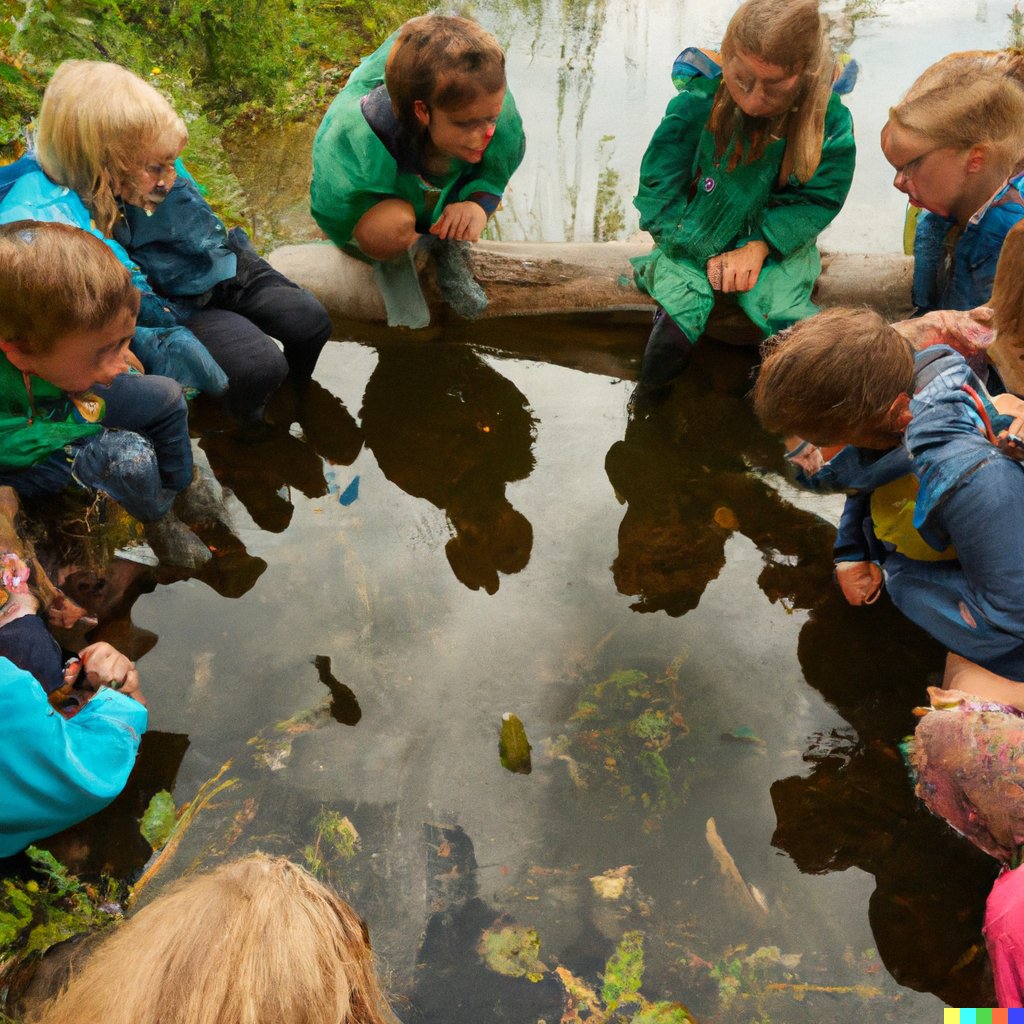
The key to sustainability lies in adopting practices that meet the needs of the present without compromising the ability of future generations to meet their own needs. It involves balancing environmental, social, and economic factors to ensure long-term well-being for both people and the planet. Here are some essential principles that form the foundation of sustainability:
-
Environmental Stewardship: Protecting and preserving natural resources, ecosystems, and biodiversity is vital for sustainability. This includes minimizing pollution, reducing waste, and conserving energy and water.
-
Renewable Resources: Emphasizing the use of renewable resources, such as solar, wind, and hydroelectric power, ensures that energy needs are met sustainably without depleting finite resources.
-
Circular Economy: Adopting a circular economy approach focuses on reducing, reusing, and recycling materials to minimize waste and promote resource efficiency.
-
Social Equity: Ensuring social equity and justice is crucial for sustainability. This involves addressing inequality, promoting access to education, healthcare, and basic necessities, and protecting human rights.
-
Economic Viability: Sustainable practices should be economically viable and promote responsible consumption and production, supporting businesses that prioritize sustainability.
-
Climate Action: Mitigating climate change through the reduction of greenhouse gas emissions and the promotion of climate-resilient practices is essential for a sustainable future.
-
Education and Awareness: Raising awareness about sustainability and promoting education on environmental issues empowers individuals and communities to make informed decisions and take action.
-
Collaboration and Partnerships: Addressing complex sustainability challenges requires collaboration among governments, businesses, non-governmental organizations, and individuals.
-
Conservation of Ecosystems: Protecting and restoring natural habitats and ecosystems is crucial for biodiversity conservation and maintaining ecological balance.
-
Long-Term Perspective: Sustainable practices consider the long-term impacts of decisions, aiming to create a legacy of environmental and societal well-being for future generations.
-
Responsible Consumption: Encouraging responsible and mindful consumption helps reduce the demand for finite resources and minimizes waste.
-
Innovation and Technology: Embracing innovative technologies that support sustainability can drive positive change and lead to more efficient and eco-friendly solutions.
Frequently Asked Questions (FAQs) - The Key to Sustainability
Q1: What is sustainability?
A1: Sustainability refers to the practice of meeting current needs without compromising the ability of future generations to meet their own needs. It involves balancing environmental, social, and economic considerations to promote long-term well-being.
Q2: What are the key principles of sustainability?
A2: The key principles of sustainability include environmental stewardship, use of renewable resources, circular economy, social equity, economic viability, climate action, education, collaboration, conservation of ecosystems, responsible consumption, long-term perspective, and innovation.
Q3: Why is environmental stewardship important for sustainability?
A3: Environmental stewardship is crucial for sustainability as it involves protecting natural resources, ecosystems, and biodiversity, minimizing pollution, and conserving energy and water.
Q4: What is a circular economy, and how does it promote sustainability?
A4: A circular economy emphasizes reducing, reusing, and recycling materials to minimize waste and promote resource efficiency, contributing to a more sustainable and less wasteful economic model.
Q5: How does sustainability address social equity?
A5: Sustainability seeks to ensure social equity and justice by addressing inequality, promoting access to basic necessities, education, and healthcare, and protecting human rights.
Q6: How can individuals contribute to sustainability?
A6: Individuals can contribute to sustainability by adopting eco-friendly practices, reducing waste, conserving energy and water, supporting sustainable products, and raising awareness about environmental issues.
Q7: Why is collaboration important for sustainability?
A7: Collaboration among governments, businesses, non-governmental organizations, and individuals is essential to address complex sustainability challenges and achieve collective goals more effectively.
Q8: What role does responsible consumption play in sustainability?
A8: Responsible consumption involves making mindful choices about what we buy and use, reducing the demand for finite resources, and minimizing waste, contributing to a more sustainable economy.
Q9: How does sustainability consider the long-term perspective?
A9: Sustainability takes into account the long-term impacts of decisions and actions, aiming to create a legacy of environmental and societal well-being for future generations.
Q10: What role does innovation and technology play in sustainability?
A10: Innovation and technology play a crucial role in sustainability by driving positive change, developing more efficient and eco-friendly solutions, and promoting sustainable practices in various sectors.
By integrating these principles into our daily lives, businesses, and policies, we can collectively work towards a more sustainable and resilient future, preserving the planet's resources for generations to come.







.jpeg)






